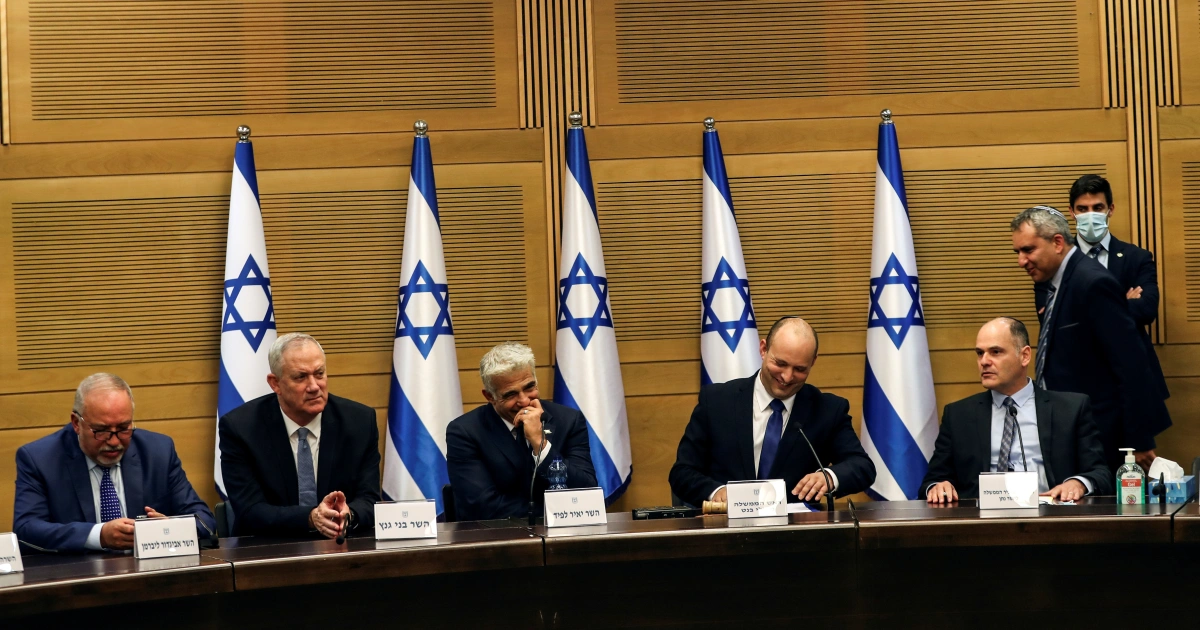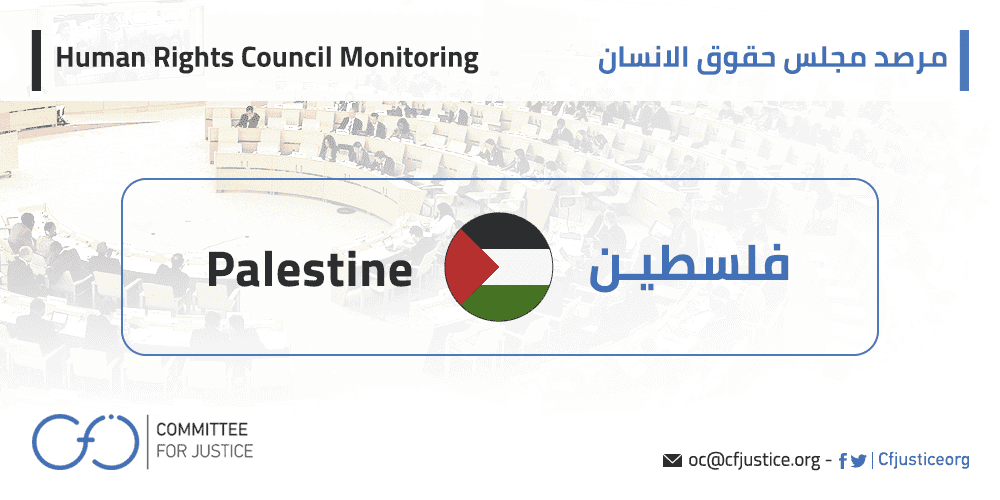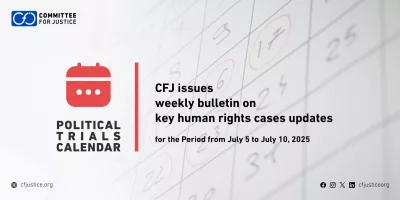News briefing
Translated and edited by: Committee for Justice
Geneva: May 22 2022
UN experts have expressed concern about the anti-terror law passed by Israeli authorities, amid concerns that the legal and regulatory framework for designating terrorist organizations lacks precision in key aspects, violates critical rights, and may not meet the required limits of legality, necessity, proportionality and non-discrimination under international law.
Violation of basic human rights
The experts said in a UN memorandum sent to Israeli authorities on May 5, 2022, which was not answered, that this law may lead to the illegal infringement of some rights protected under the Universal Declaration of Human Rights, as well as the International Covenant on Civil and Political Rights, the Covenant International Economic, Social and Cultural Rights, and the Convention on the Elimination of All Forms of Discrimination against Women, which include freedom of peaceful assembly and association, freedom of opinion and expression, as well as fair trial rights and basic social, economic and cultural rights.
The experts also pointed out that the state of emergency was incorporated into Israeli laws, including the Anti-Terrorism Law, which gave it a character of continuity.

The need for full implementation of international human rights standards
The experts stressed the importance of fully implementing international human rights standards applicable under the International Covenant on Civil and Political Rights, the International Covenant on Economic, Social and Cultural Rights, and the Convention on the Elimination of All Forms of Discrimination against Women. They also stressed that States should ensure that counter-terrorism legislation complies with the requirements of international law relating to legality, necessity, proportionality and non-discrimination.
Vague and loose definitions
The experts also expressed deep concerns that some components of the Anti-Terrorism law’s definition of “terrorist act” differ significantly from the internationally recognized scope of crimes, as the law contains vague and broad definitions of “terrorist organization” and “terrorist act” and can be used to suppress and criminalise legitimate political or humanitarian actions, as evidenced by the October 2021 designation of six Palestinian civil society organizations as “terrorist organizations” based on classified information, with particular concern about the potential discriminatory targeting of human rights defenders and civil society actors on the basis of their political or ideological views.
Infringement on cultural and scientific life
The experts argued that the law may lead to the potential crushing or disproportionate restriction of the right of everyone to access and participate in cultural life, including artistic freedom, in particular targeting satirical, political and/or provocative art. They added that the ambiguities in the legislation as well as the criminal nature of the crimes may have a significant negative impact on the freedom to maintain and develop cultural expressions and practices for fear of falling into the gray areas of legislation, with concerns about the impact of such legislation on scientific freedom, which includes social science research and methodologies that are critical, suspicious and may conflict with state policies and narratives.
The experts also expressed grave concern about the law’s apparent lack of due process guarantees in appointment and revocation procedures, particularly with regard to notice and appeal.
UN demands from the Israeli authorities
The experts called on the Israeli authorities to provide information on how the definitions of a “terrorist act” and a “terrorist organization” comply with the principles of legality, proportionality and non-discrimination stipulated in international law, including in accordance with the International Covenant on Civil and Political Rights.
The experts also requested clarification of how procedures for designating and eliminating a “terrorist organization,” “enemy association,” and “unlawful association” comply with Israel’s obligations under international human rights law and international humanitarian law, particularly with regard to the promotion and protection of fundamental rights, freedom of association, freedom of expression, property, work, privacy and the right to participate in cultural life.
The experts also called on Israel to explain how to implement the stipulated measures that designate “terrorist organizations,” including potential non-profit organization asset seizures, inactivity orders, and dissolutions, in accordance with the recommendations of the Financial Action Task Force.
The experts also called for identifying the positive measures and oversight provided by the Israeli authorities to ensure due process and fair trial guarantees in the appointment and related procedures, in particular, the avenues for independent, impartial and transparent judicial review and treatment available for wrongly appointed individuals or organizations.






